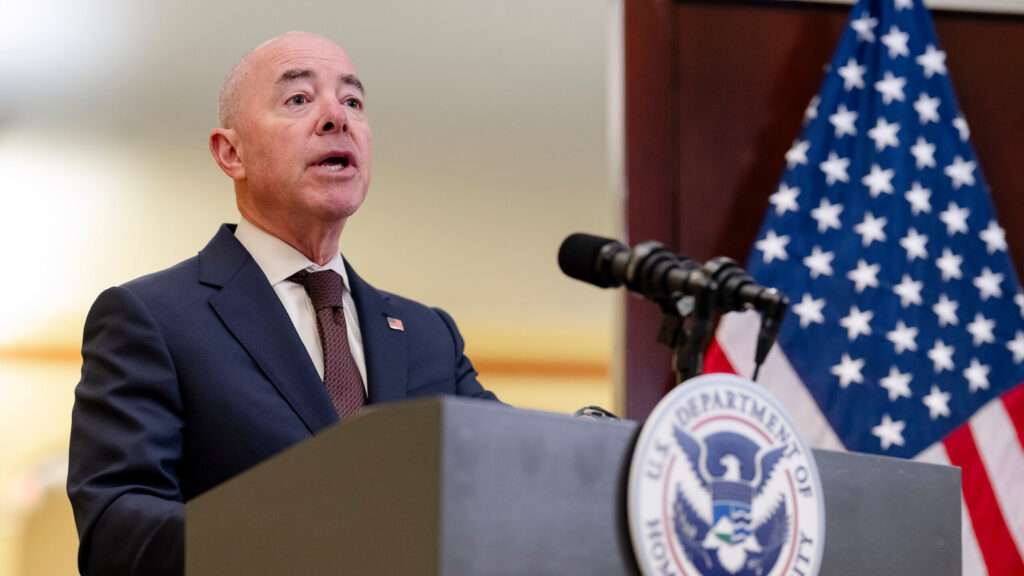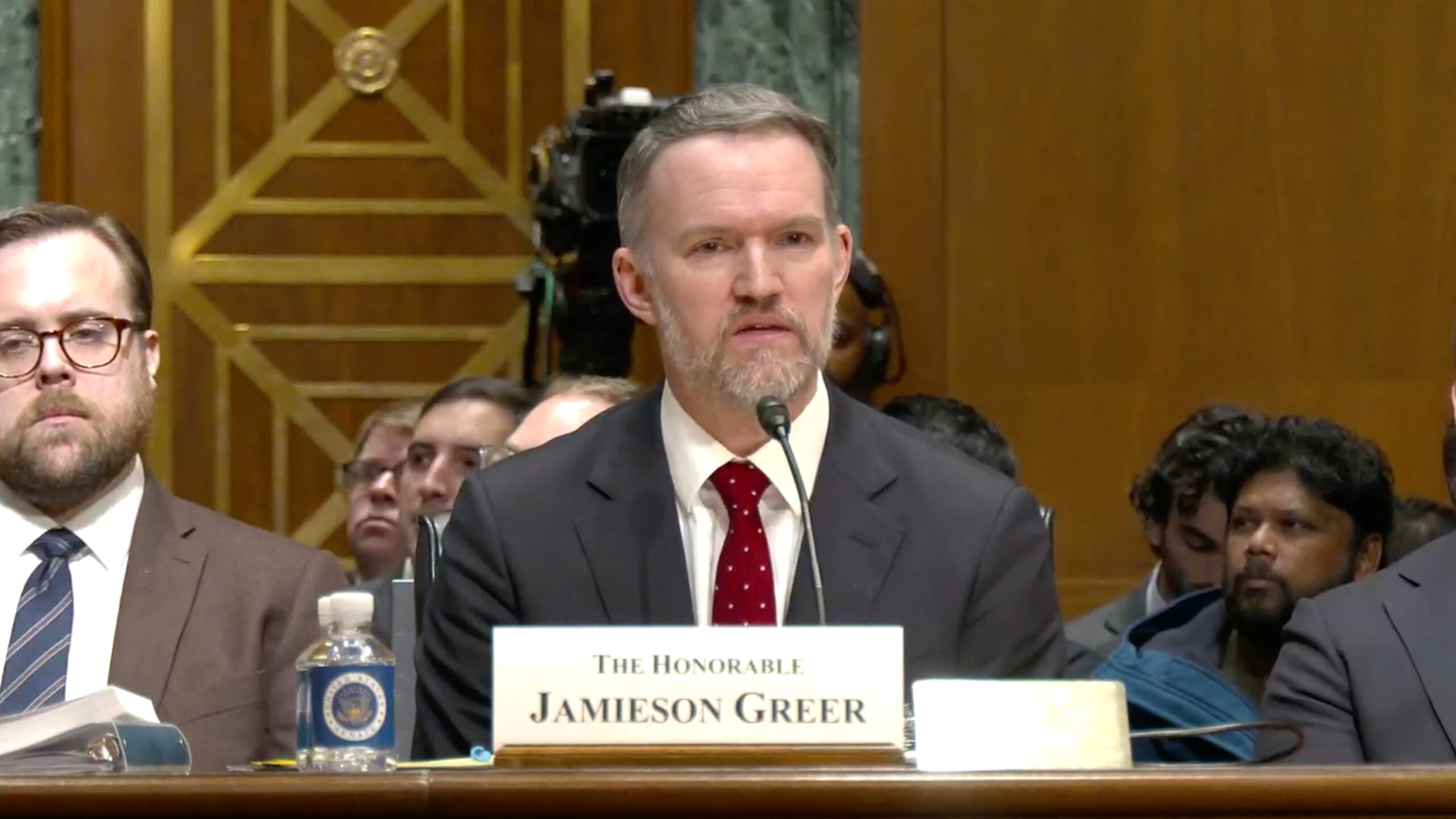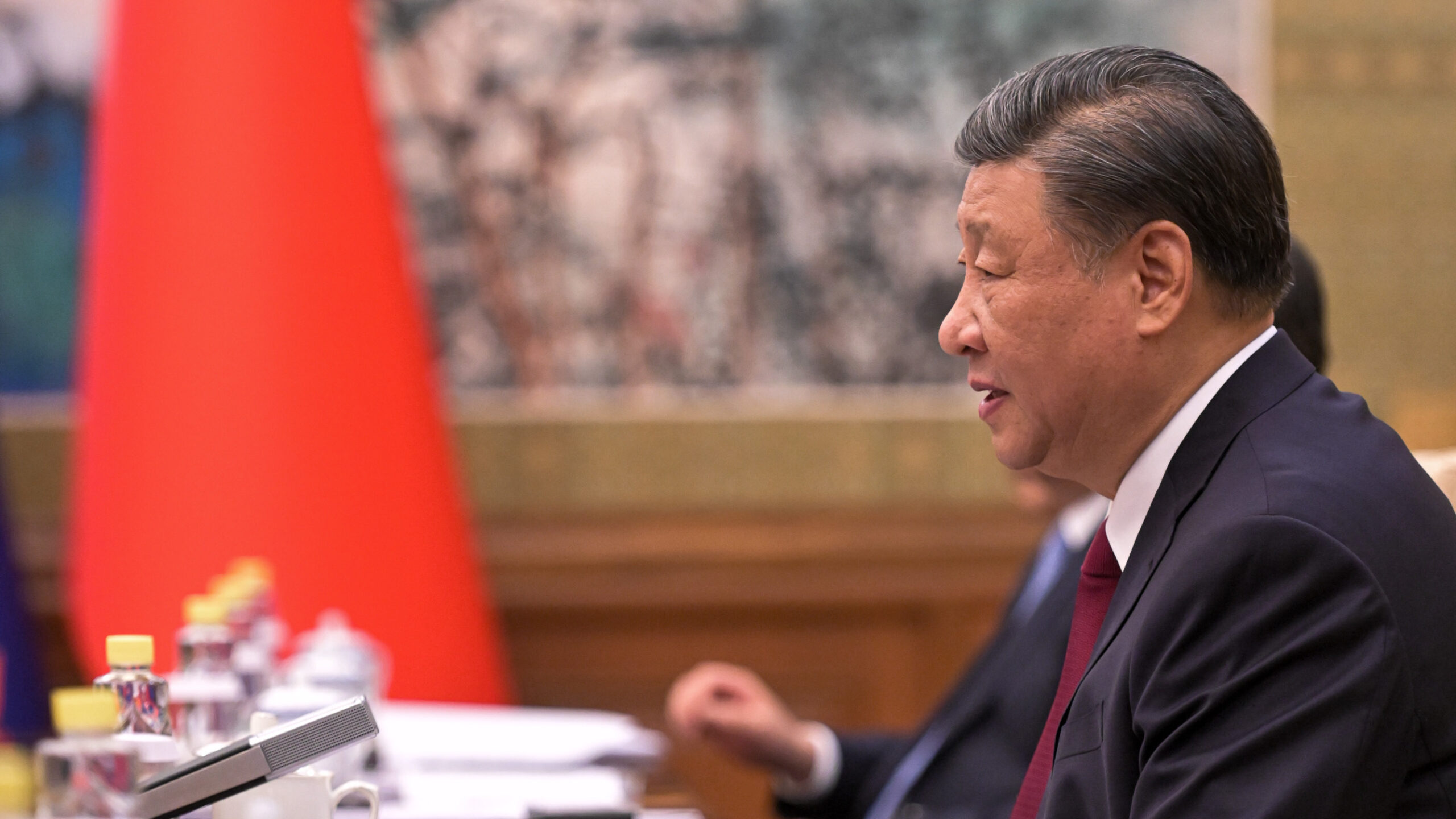WASHINGTON — The Coalition for a Prosperous America (CPA) today released a statement welcoming the U.S. Department of Homeland Security (DHS) for adding 26 additional textile companies based in the People’s Republic of China (PRC) to the Uyghur Forced Labor Prevention Act (UFLPA) Entity List. Effective May 17, 2024, goods produced by the named 26 entities will be restricted from entering the United States.
CPA strongly supports the UFLPA and has called for more Chinese entities to be added to the UFLPA Entity List. In a 2022 letter to the Forced Labor Enforcement Task Force (FLETF), CPA warned that U.S. policy would rely on “doomed-to-fail, entity-specific legal investigations.” CPA warned that “such a policy approach applied to the People’s Republic of China [would] sabotage Congress’ expectations of the proper enforcement of the UFLPA.
“We welcome the recent action by DHS to place 26 more Chinese textile companies on the UFLPA Entity List,” said Michael Stumo, CEO of CPA. “However, more needs to be done to ensure that Chinese forced labor imports are not skirting the enforcement of U.S. law. More than two years ago, CPA warned that entity-specific actions would severely undermine Congress’ intent when it passed the ULFPA, especially in industries like apparel that are constantly plagued by whack-a-mole issues. While we strongly support efforts to prohibit forced labor Chinese goods from entering the country, we continue to urge the Biden administration and Congress to address the de minimis loophole, which continues to undermine the proper enforcement of the UFLPA. Prohibiting Chinese apparel imports under the de minimis loophole and issuing a country-wide Withhold Release Order on Chinese textiles would be a major step towards preventing Chinese forced labor imports.”
Earlier this year, CPA applauded the leaders of the House Select Committee on the CCP for urging DHS to aggressively strengthen enforcement of the UFLPA. The letter, as first reported by The Wall Street Journal, outlines a number of factors that “seriously undermine the effective enforcement of the UFLPA.” Specifically, the letter highlights how the de minimis loophole has caused imports to surge “from 150 million packages in 2016 to 720 million in 2021, of which more than half—440 million packages—were from the PRC. This exponential growth continued in 2023, with de minimis shipments topping one billion.”
The letter warns that “the de minimis provision has created a major avenue for goods made by forced labor—as well as fentanyl, counterfeit products, and other unsafe goods—to enter the U.S. market.” In March, CPA joined 24 other organizations in launching the Coalition to Close the De Minimis Loophole. The coalition represents thousands of voices, from the families of victims of fentanyl fatalities and nonprofit and nonpartisan organizations to labor unions, domestic law enforcement associations, domestic manufacturers, and business associations.
According to U.S. Customs and Border Protection (CBP), imports using the de minimis loophole include “high-risk shipments that may contain narcotics, merchandise that pose a risk to public safety, counterfeits, or other contraband.” CBP recently stated that the agency “continues to see bad actors seeking to exploit the increasing volumes of de minimis shipments to transit illicit goods, including fentanyl and the precursors and paraphernalia used to manufacture it.”
According to the State Department, “Illicit fentanyl shipments directly shipped to the United States via air cargo, international mail, and express consignment are high-purity, low-weight shipments destined for criminal groups or individuals in the United States. Most originate in China with suppliers who use international mail consolidators to mask the origin of the shipments.”
# # #












